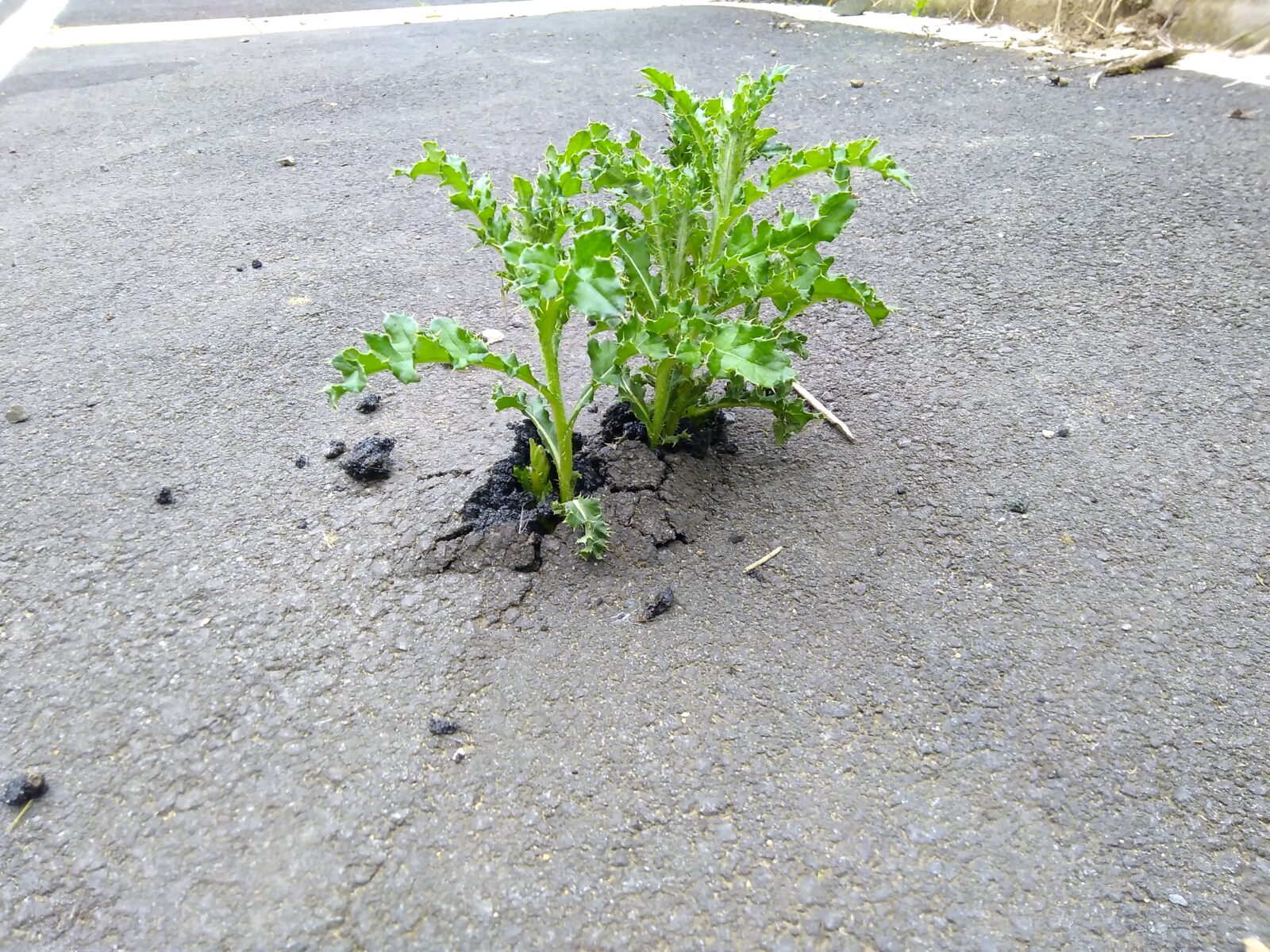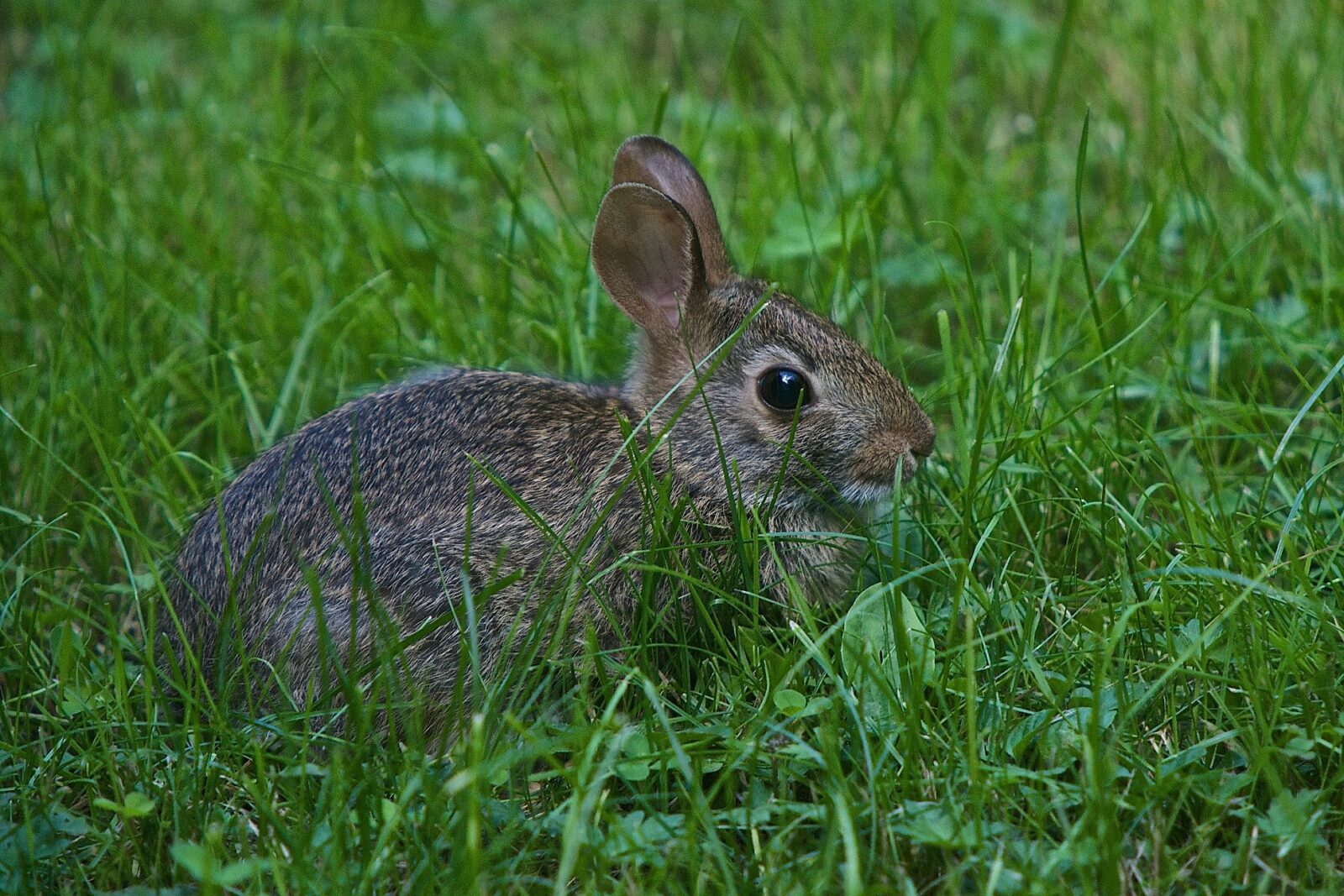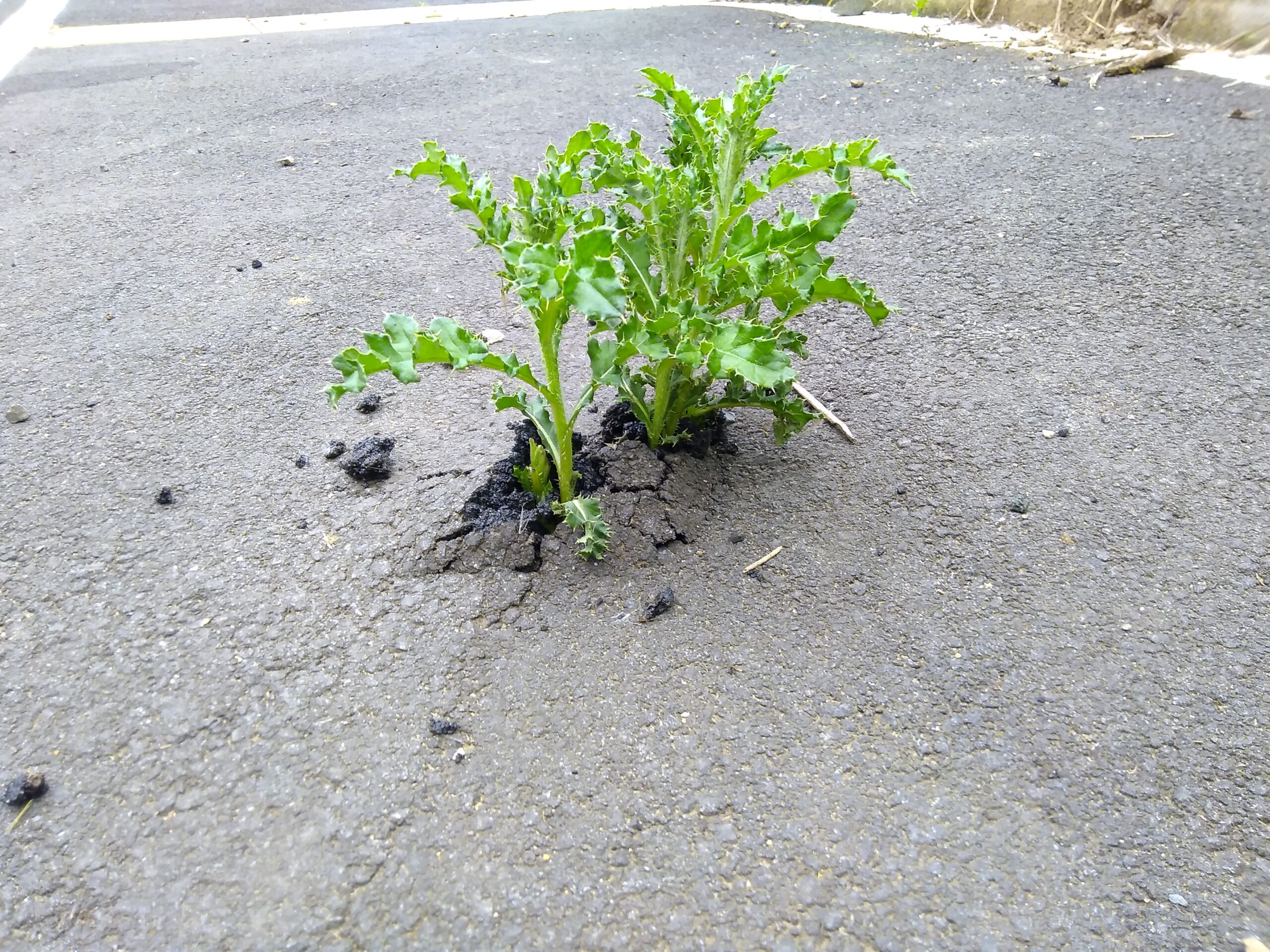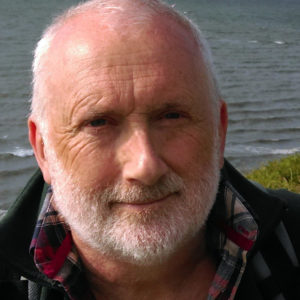Jim Green presents the new WCCM online course
8th – 29th August 2021: another three weeks in the life of the Earth – its four-and-a-half billion years of existence extended by another twenty-one days. On the 8th of this month the Intergovernmental Panel on Climate Change issued its Sixth Assessment Report, confirming that unless unprecedented cuts are made in carbon emissions, the 21st century will see global warming in excess of 2°C, with catastrophic implications for all life on Earth. The next three weeks also saw the announcement that the previous month had been the hottest July globally since records began, that 2020 had been the hottest year ever recorded in Europe and that Madagascar was on the brink of the world’s first climate-induced famine. And all through this period – as for every day now, in every year – the wild-fires raged, floods surged, hurricanes left trails of destruction, habitats were relentlessly destroyed by human activity, and hundreds of species became ex-tinct, never to be seen again on the face of the Earth.
It has also been the three-week period in which I have been writing an online course called Contemplating Earth that will be available on the WCCM website from October onwards. The opportunity to engage with the course is part of our community’s contribution to the profound shift in consciousness and behaviour that now must happen if life on Earth is to flourish or even survive. In November, Glasgow hosts COP26 – the UN climate conference which many regard as the most important meeting that has yet taken place in the history of humanity and of the Earth.

We could have called the course Med-itation and the Environment or Meditation and Climate Emergency, but even those worthy titles wouldn’t have opened up the perspectives that are carried by Contemplating Earth. The popular (mis) understanding of contemplation is that it involves paying targeted attention to a particular object or idea – a kind of patient and lovingly mystified scrutiny of something. The practice of contem-plation itself teaches us that it is noth-ing like this. It has been described by some as the suspension of the distanc-ing subject-object relationship in favour of a simple and silent participation in a loving “community of subjects.” It is the experience of wordless, open-hearted intimacy and presence. We can learn to contemplate from each other, from great teachers, from indigenous people, from children and from animals. The teachers of this life-as-prayer and prayer-as-life are all around us.

The greatest, though, might just be the Earth herself. The title of the course perhaps suggests that we start paying attention to our planet and to our relationship with it – and so we should, urgently. But as we deepen into our practice and our learning, perhaps we will realise that actually we are be-ing invited to join in with what the Earth herself is constantly, effortlessly doing. The title of the course turns out to be a description of the planet and her cease-less prayer: this is a contemplating Earth. Writing the course brought the presence of questions – now much more urgent and vivid than ever before – that I and many meditators have long lived with: what is the relationship be-tween contemplation and the need for direct action in the name of social justice? Is meditation a means to an identifiable end? Can it be instrumentalised in that way? What if all of our efforts are forlorn? Do we know what we want to achieve? (Or is escaping from all ideas of ‘achievement’ the only goal we can allow ourselves? What if it’s already too late? For what? What is hope?)
As ever, many questions and – as ever – no readily available answers. We will, as Rilke says, have to live the answers ourselves. The chapter titles that emerged may give you a clue to the kind of territory the course journeys through:
- Now/Apolcalypse
- Hope
- Intimacy
- Different Dreams
- Transforming Consciousness
Listen to an Extract from Hope
It has been a privilege to spend these weeks in the close company of many great teachers, all ablaze with the truth of their vision: people such as Pope Francis, Joanna Macy, Thomas Berry, Hildegard of Bingen, Father Charles Brandt, Miriam-Rose Ungunmerr, Sir David Attenborough and our own Linda Chap-man (www.opensanctuarytilba.org/lindas-blog) whose words close the course and this article because they can never be spoken too often:
“Please engage in contemplative action in whatever way you can. Write to politicians, protest peacefully but with deep conviction, join climate and renewable energy groups. We cannot wait any longer.”
Here is the link to Contemplating Earth
Quarterly Newsletter
This article is part of the October 2021 Quarterly Newsletter. You can view or download the full issue here.






